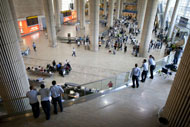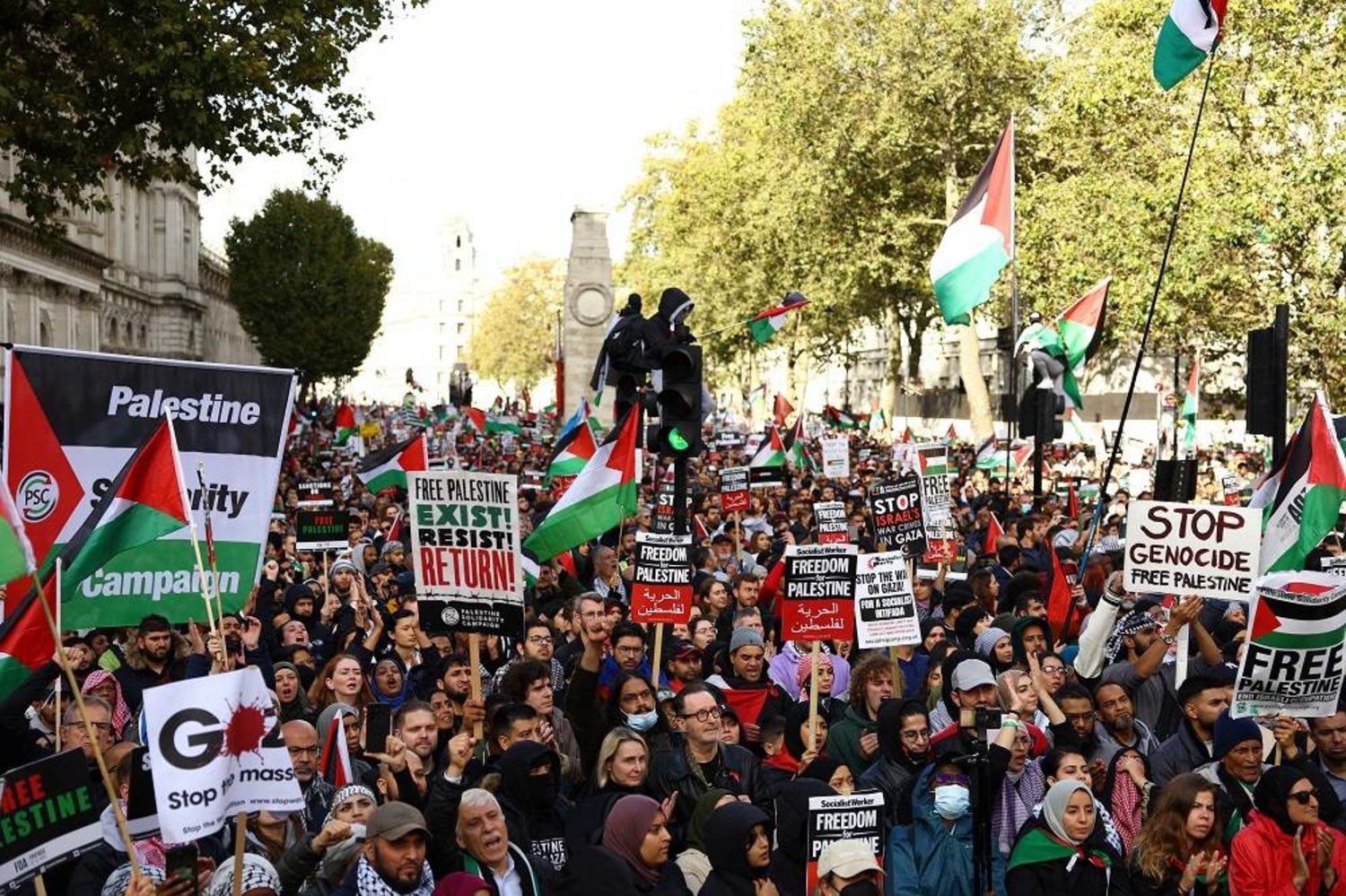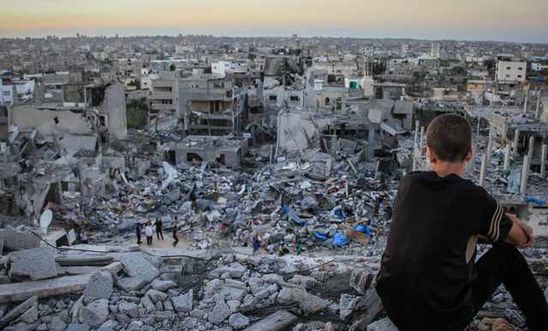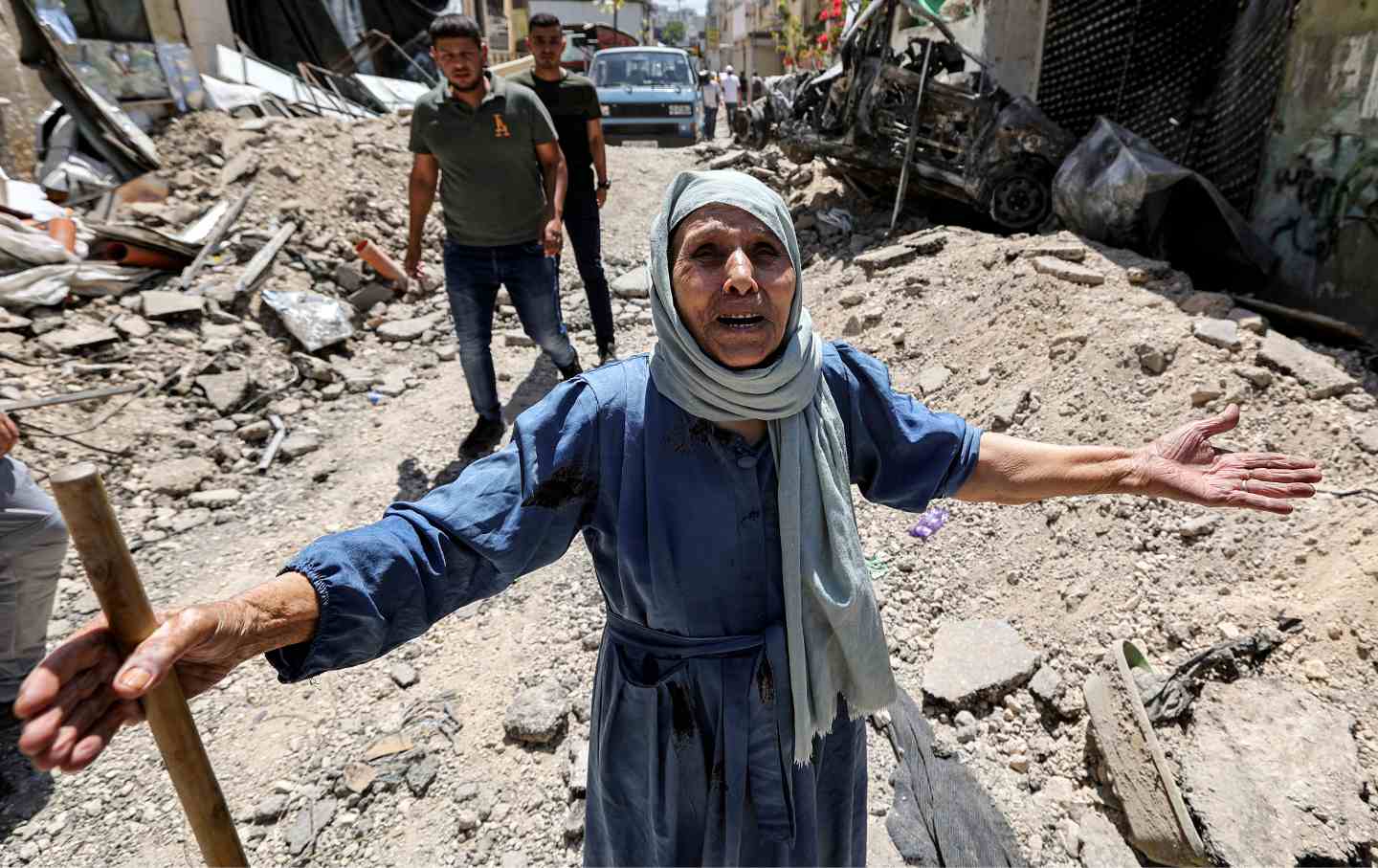Enough has been said about the preparations, the expectations and the ultimate execution of the Middle East Summit in Annapolis. Needless to say, the outcome was disappointingly what we all expected – more of the same. More promises, “joint statements”, lots of sugary words, but no concrete results. The joint statement made by US President George Bush read, “We agree to engage in vigorous, ongoing and continuous negotiations, and shall make every effort to conclude an agreement before the end of 2008.”
Perhaps knowing the long anticipated conference would produce nothing more than these watery statements was what ignited such violence in the West Bank. With President Mahmoud Abbas standing side by side with Israeli Prime Minister Ehud Olmert in Annapolis, the government knew discontent among the masses was inevitable. That is probably why the West Bank Fateh-affiliated government banned all demonstrations – regardless of whether they were anti or pro Annapolis – from taking place on the day of the conference. Never mind that this is in flagrant violation of the Palestinians’ own Basic Law and all other international laws the Palestinians are a signatory of.
Anyway, the order did not bear much weight with those who were determined to make their voices heard. Marches and demonstrations flooded the streets of the West Bank, namely in Ramallah and Hebron, people chanting anti-Annapolis slogans and also demanding that no national compromises be made in their name.
What happened next was nothing short of deplorable. With tensions running high and a beefed up security presence, clashes between the security forces and demonstrators quickly ensued. Still, the live pictures broadcast across television screens everywhere were shocking even to the most unfazed observer. Palestinian security forces were seen beating back demonstrators with billy-clubs, shooting into the crowd and chasing down demonstrators in a fashion eerily similar to the methods of the Israeli army. In Ramallah, the world saw Al Jazeera journalist Nael Shiyoukhi writhing in pain after being bludgeoned with a club on his left arm by security forces trying to stop him from covering the events. Journalists were pushed back and ordered to leave the premises and in Hebron, one demonstrator was reportedly killed by security forces after being shot in the heart. Hebron police say the man, Hisham Barathiya, was killed by a bullet from an “unknown source.”
In all, 50-some people were injured in the chaos and fierce accusations have been flying ever since. The government claims the demonstrations were “illegal” and the demonstrators initiated the skirmishes while demonstrators and political factions involved in the demonstrations claim otherwise, saying the police crackdown was an oppressive and brutal method of silencing opposition voices.
Whichever way one looks at yesterday’s events, one thing remains disturbingly clear. These are the makings of an extremely oppressive regime, one which does not allow freedom of expression, free thought or a free media. This is a government that claims to be striving towards democracy and political pluralism, not dictatorship. If this is the way the government plans to deal with political differences in the future, it will not have much of a leg to stand on for much longer.
This is especially true now with the Annapolis hoopla over and done with. The Palestinians are now looking forward to more “bilateral talks” and a vague commitment to “make every effort” to come to a final agreement by the end of 2008. If the Abbas government drags this out for too long while cracking down on anyone who opposes their political line, they are more likely than not to fall.
Right now, with all the candy-coated words about freedom, independence and a Palestinian state, the government needs all the popular support it can get to back it on this uncertain journey of negotiating with a less than malleable partner. So far, the same points that have been major bones of contention between the Palestinians and Israelis are still as sticky as ever. Israel remains adamant not to accept the right of return for Palestinian refugees while the Palestinians refuse to relinquish it. While the parties promised to meet every two weeks to discuss final status issues, it is highly unlikely an issue as emotionally charged as Jerusalem will be resolved in the coming year, especially given that Israel rejects on principle the idea of a divided Jerusalem not completely under Israeli sovereignty.
So that leaves the masses, once again. Any leader, Palestinian or otherwise, needs popular support in order to keep, not only their seats, but their people’s respect. This goes for any party or faction with their eye on the Palestinian leadership, Hamas included. After their takeover of the Gaza Strip and the killing of seven Fateh supporters earlier this month, Hamas’ stronghold in Gaza seems to be gradually waning. Shedding the blood of your own has always been and will remain to be a red line no leader should cross.
This is applicable to the West Bank government as well. With the uncertainty of what the Annapolis conference will bring, this government is treading on unsteady ground already. Playing its cards right from here until the negotiations hopefully reap positive results, is its best shot at keeping afloat. The unnecessary and excessive use of force yesterday in Hebron and Ramallah is hardly a step in the right direction and has already stirred up angry voices, first and foremost Palestinian journalists. Even if certain parties instigated the riots – the police is pointing their finger at the Islamist Liberation Party – the fact remains that the government is expected to be the more responsible factor in the equation.
In short, the Abbas government does not need any black marks on its record right now, especially those made indelible by the blood of their own people. The Palestinians need to be a united front, at least regarding any future negotiations with Israel because years of experience has taught us that this is by far the hardest battle we will ever fight. We cannot afford to be clawing at each other’s throats in the process.
Joharah Baker is a Writer for the Media and Information Programme at the Palestinian Initiative for the Promotion of Global Dialogue and Democracy (MIFTAH). She can be contacted at mip@miftah.org.









